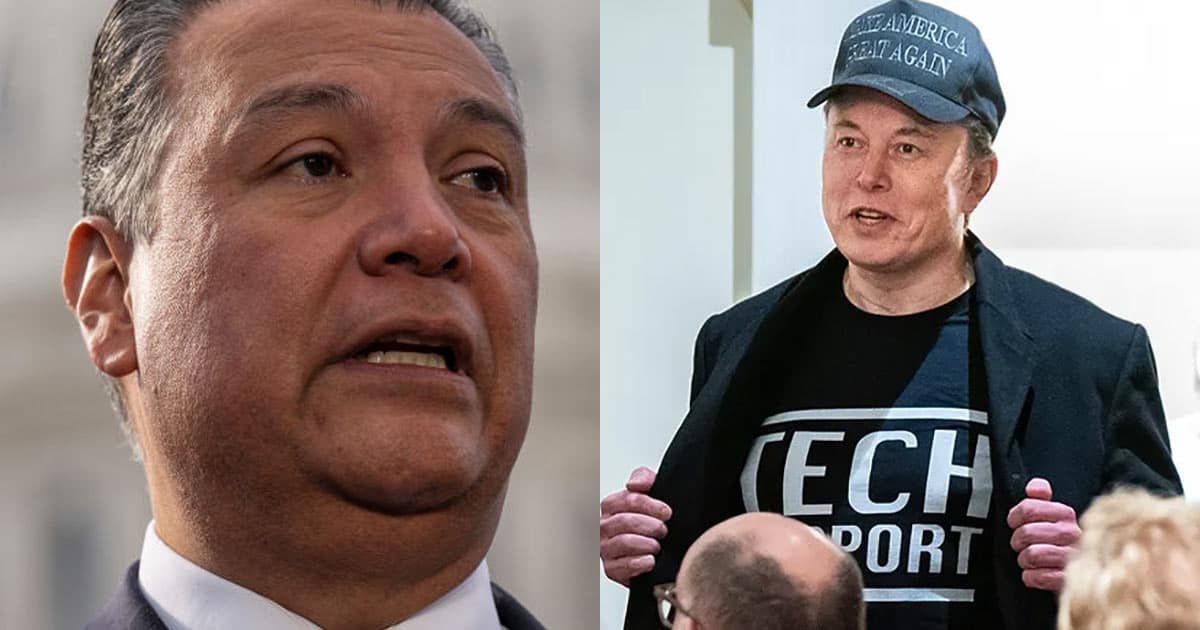Democrat Rep. Alex Padilla (D-CA) is demanding that the Department of Government Efficiacy (DOGE) chief Elon Musk stop sending emails to federal workers at the Office of Personnel Management (OPM).
Padilla argues that Musk and OPM Acting Director Charles Ezell do not have the authority to email staffers.
The congressman issues his demands in an open letter published Thursday.
Padilla wrote that several legislative branch offices and agencies have received mass emails from hr@opm.gov.
However, he argues that OPM employees are not subject to personnel actions by the executive branch.
“Neither the White House nor DOGE nor OPM have any authority or legitimate purpose to mass email legislative branch offices and agencies demanding information from employees or to threaten adverse personnel actions,” Padilla said.
Over the weekend, the OPM sent out mass emails to federal government workers.
The emails ask employees to summarize what they did over the prior week using five bullet points.
They had until 11:59 p.m. on Monday to provide their responses to the inquiry.
Padilla claims these emails, received by legislative staffers, wasted “time and resources and potentially [misled] employees into responding and sharing legislative branch information in an unauthorized manner.”
He added that the emails were “especially concerning.”
Padilla continued by claiming that several executive branch agencies have “even warned their own employees not to respond to these messages because doing so would risk sensitive information falling into the hands of malign foreign actors.”
However, while some agencies had instructed employees not to respond, it was because their work was classified and couldn’t be shared.
“The fact that these mass emails are also going beyond the scope of the executive branch is yet another sign of how DOGE is operating in an uninformed, poorly executed, and chaotic manner,” Padilla said.
The Democrat lawmaker ended his letter requesting that DOGE and OPM confirm they have taken steps “to ensure that they will cease directly any further mass email communications at legislative branch offices and agencies and their employees.”



Our comment section is restricted to members of the Slay News community only.
To join, create a free account HERE.
If you are already a member, log in HERE.